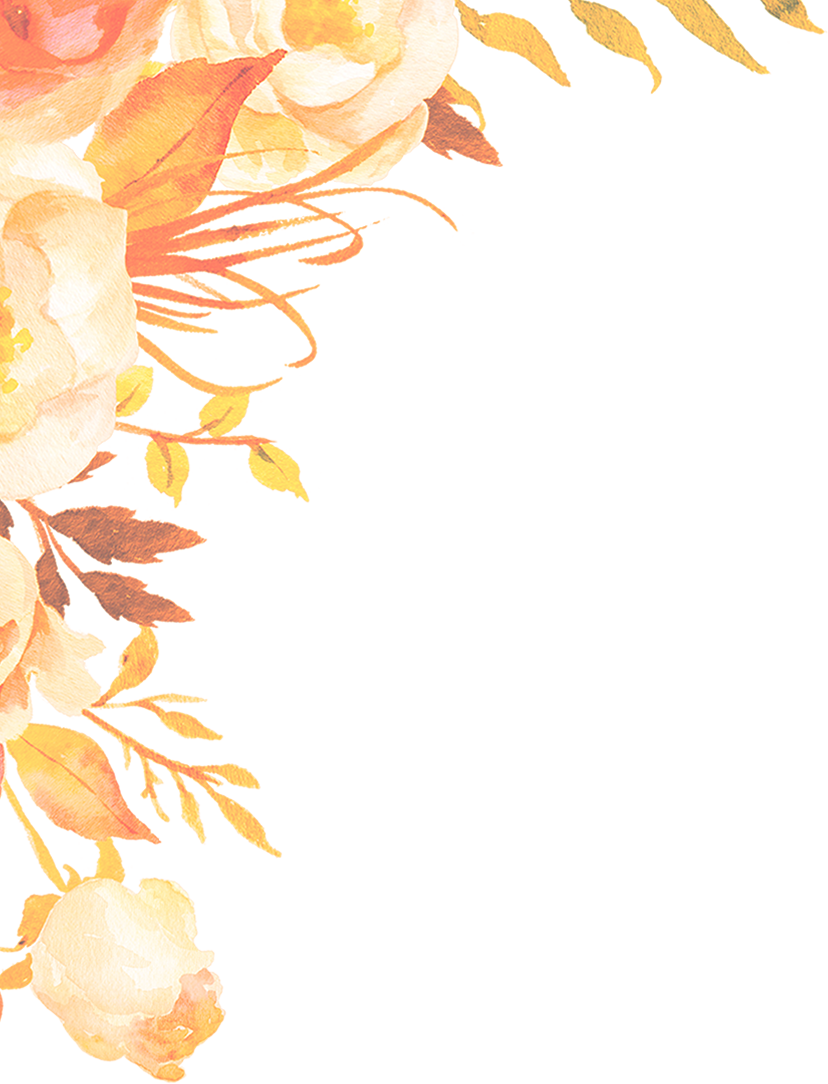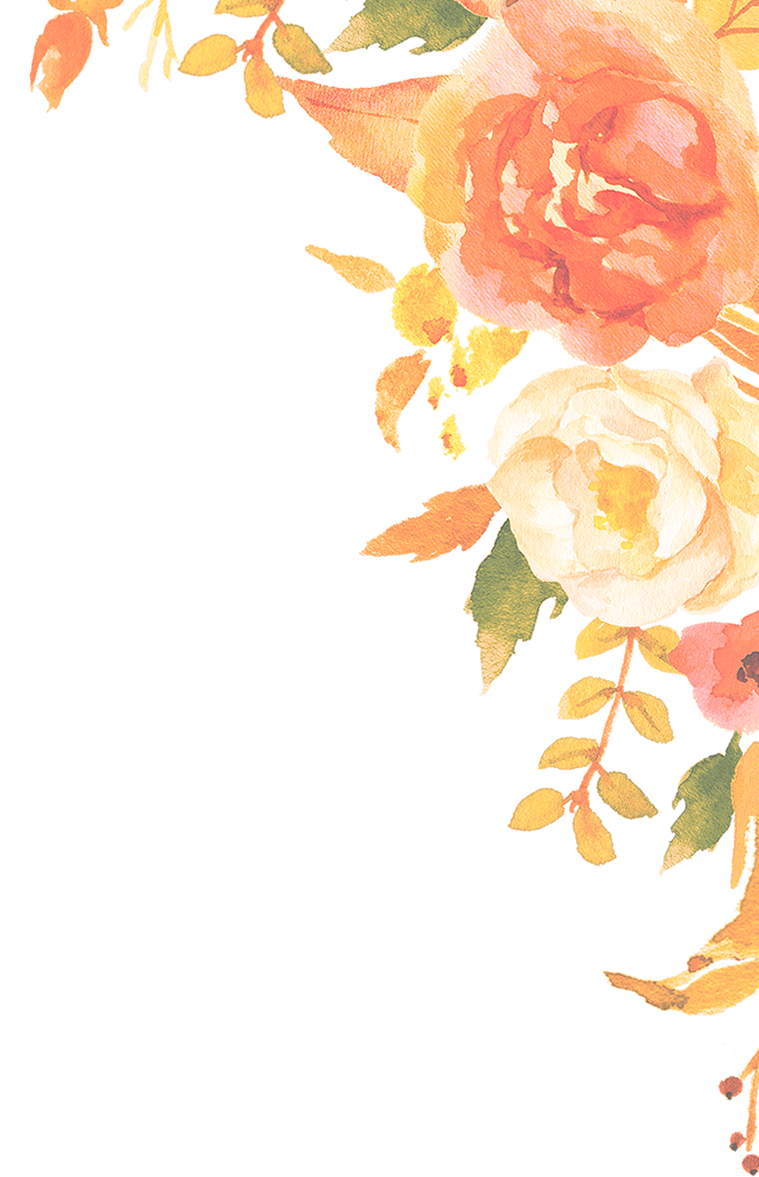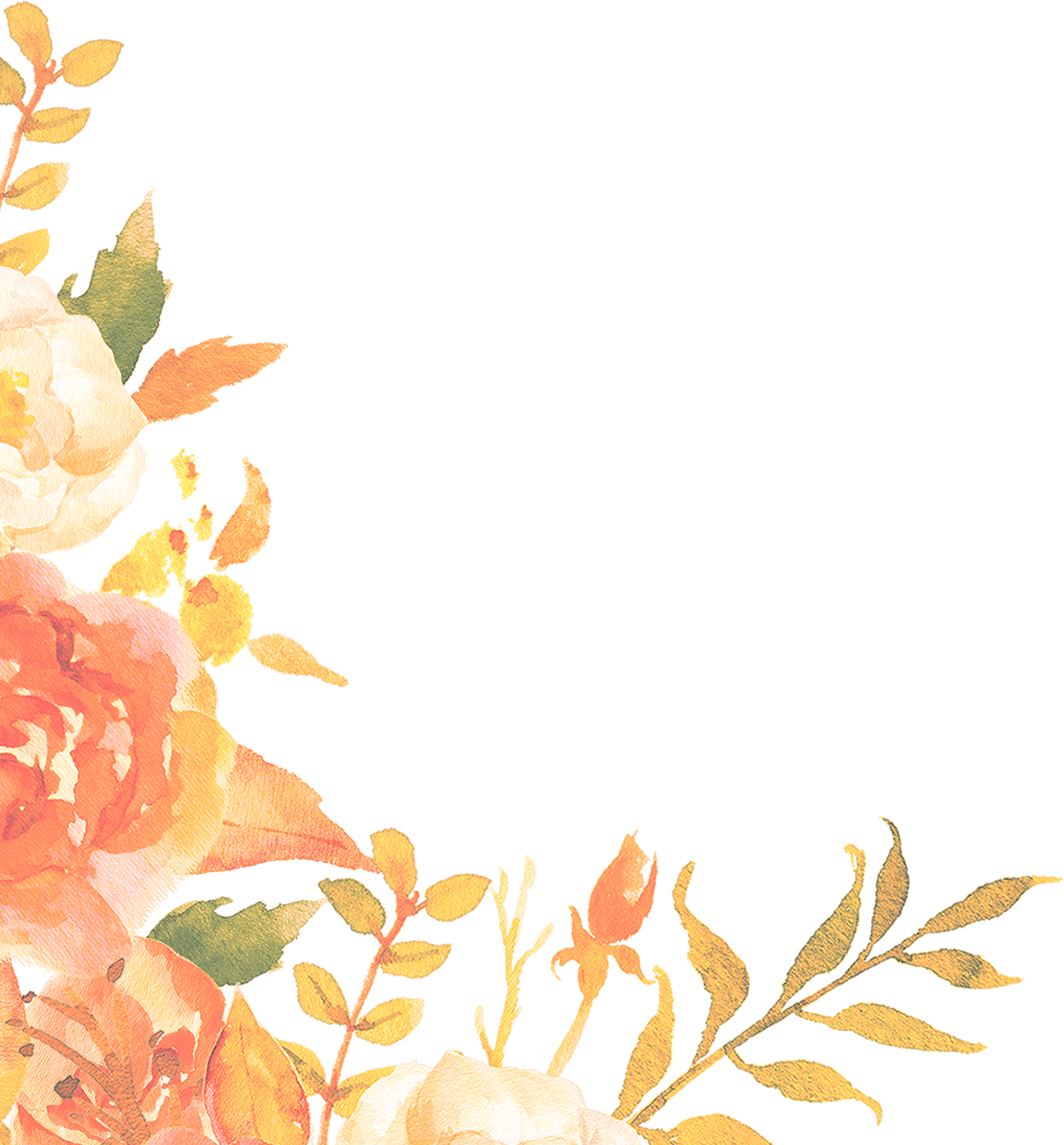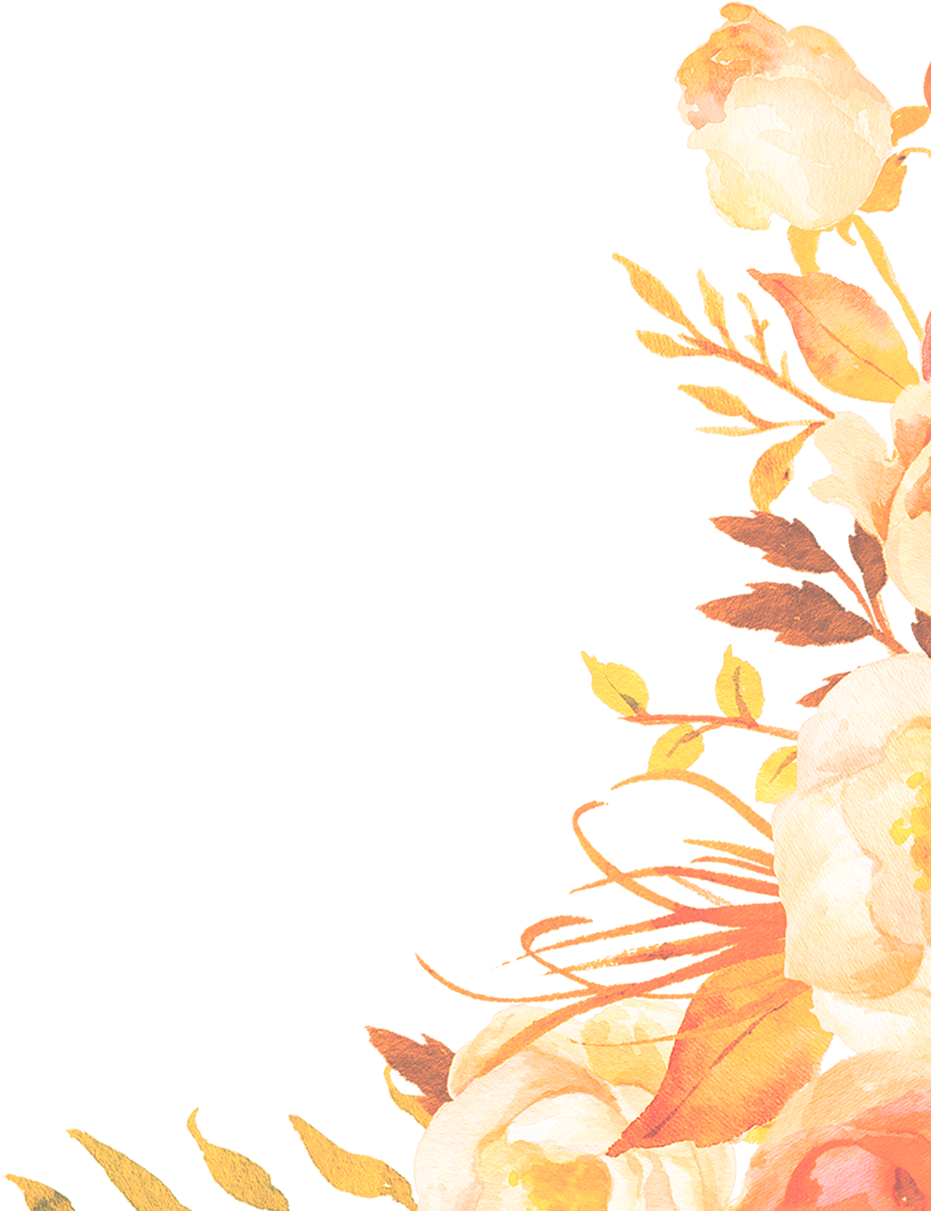



Awesome! I got so much out of it and have already started applying it to my everyday life. Lots of simple things that can be done to improve day to day experiences. I thought if I learn one thing per session I’d be pleased; as it was I learnt stacks!”
-PAST CLIENT
Between 1953 and 1981, a woman who called herself Peace Pilgrim walked across the entire USA visiting every state eight times. She covered over 40,000 kilometres on what she deemed her pilgrimage for peace. Carrying nothing but a raincoat and a few letters and without a cent to her name, she walked until offered shelter and fasted until someone invited her for a meal. She spoke in schools, churches, at radio stations and community gatherings, and met countless individuals and families. Her message was simple: In order to attain peace in the world, each of us has to find inner peace. To attain this peace within, Peace Pilgrim recommended leaving the rat race and overcoming the desire to have more than we need. She stressed that each of us have a unique life purpose, which we can find in receptive silence. To fulfil our life purpose, she argued, we need to overcome our self-centred nature. She also advised that we should face life fully and look beneath the surface to find its realities and varieties. “Do the good things you know you should be doing”, she counselled, “and stop doing the things you know are not right.”1
Can we we attain inner peace? Can we overcome our self-centredness and materialism, and do the right thing in the world? More multi-million dollar questions! And yet I’m going to tackle them somewhat by veering off my path of presenting scientific conclusions of positive psychology. Today I want to discuss the work of Robert Holden. Holden is a British psychologist, author, broadcaster, and one of the world’s foremost happiness teachers. Holden adds a new dimension to the discussion on creating psychological wellbeing, and his approach is backed up by years of experience in helping people attain greater happiness. This adds validity to his teaching, because personal experience not only counts in our own life, it also carries weight in human sciences.
Holden’s fundamental message is that we don’t have to wait for happiness – we can have it right now if we understand and accept who we really are. And this requires that we differentiate between our conditioned and unconditioned self.
Holden teaches that our conditioned self is the self we have become as a result of our history. It has come out of the roles we have learned to play, the limitations we have come to believe about ourselves, and the persona we have adopted. Our conditioned self entails our defences, fears and doubts. He calls this our EGO – short for “Everything Good is Outside”. Holden writes that our EGO has the mistaken idea that something is missing inside us and that we must search to find it. And thus we go out into the world looking for success, love, happiness and peace of mind, because we are fundamentally afraid that we are not good enough. Holden argues that our doubt in our essential goodness and wholeness is the basis of our pain and suffering. Yet, he writes, what we believe about ourselves and what other people might have said about us is but an opinion, a fabrication and a mistake. It is but a small, dull and limited snapshot of what we really are. And what we really are is the ugly duckling – meaning, we have the beautiful swan within!2
So who is the swan, this unconditioned, higher self? According to Holden, it is our original self, which is completely whole, safe, peaceful, and full of love and joy. Holden draws the analogy of Michelangelo’s reply to the question of how he could create such beautiful sculptures. Michelangelo answered:
The beauty is already there, my friend. I do not create beauty; God creates beauty. I merely chip away the surrounding marble so as to reveal the beauty. The beauty is already within. It is already perfectly in place.3
The idea behind Holden’s unconditioned self is that we have a spiritual dimension, an inner, divine light, which we can forget but cannot completely extinguish – because it is what we are. The beauty is already within us. The key to healing unhappiness, Holden asserts, lies in remembering our unconditioned self, and knowing how we can connect to it.4
If you consider the range of happiness tools discussed, you might find this concept less airy-fairy than it might appear at first sight. Enjoying and savouring good moments, forgiving, and spending time in nature all nurture a sense of peace within. Performing acts of kindness, practicing gratitude, and working out of our strengths increases our awareness of our inner light and our ability to spread it. Pursuing flow activities, playing, and sharing good times with others increase our joy and love. Meditation and prayer boost our sense of spiritual connection. Holden’s concept of limitless happiness lying within our unconditioned self is not too dissimilar from an attempt to increase happiness by becoming the best version of who we can be. To me, the unconditioned self is equal to the higher self. We all know that inner conflicts often involve a choice of going with our lower urges (lower self) or rising to act according to our higher values and better judgement (higher self). So perhaps the question is not so much whether our higher self exists but whether Holden is right in saying that it is full of peace and joy. Holden writes:
You must choose between your conditioning and your freedom. Until you are willing to accept your Self – your unconditioned Self – you will not be able to accept all that you long for. The happiness, the peace and the love you crave cannot happen without Self-acceptance… Unless you are happy with yourself, you will not be happy.5
This turned out to be true for me. I used to excel at listing my failings and hang-ups, but faltered at the question of what I did well. I found suggestions of having vast potential confronting and upsetting. My inner cop constantly reminded me that I was not good enough. Holden’s teaching was a revelation for me. I did have to make peace with myself and acknowledge my inner light before I could live a joyful life. And since then, my inner cop is pacified by my attempt to follow Peace Pilgrim’s advice:
Look within for your answers. Your divine nature – your inner light – knows all the answers. Spend your time bringing your life into harmony with divine law. Work on overcoming evil with good, falsehood with truth, hatred with love. Work on establishing a good lifestyle for yourself… These things are important: 1. A means of livelihood which is a useful task in society. 2. Good living habits, including rest and exercise and good eating habits, but most of all good thinking habits – don’t think negative thoughts. 3. Inspirational things in your life, things that will lift you up: read beautiful words, listen to beautiful music, experience the beauties of nature. 4. Serve as much as you can, do as much as possible to help others – for in this world you are given as you give.6
May this be of assistance to you, too, and may your light shine brightly.
© Natalie Lydia Barker 2017
Notes
No Comments